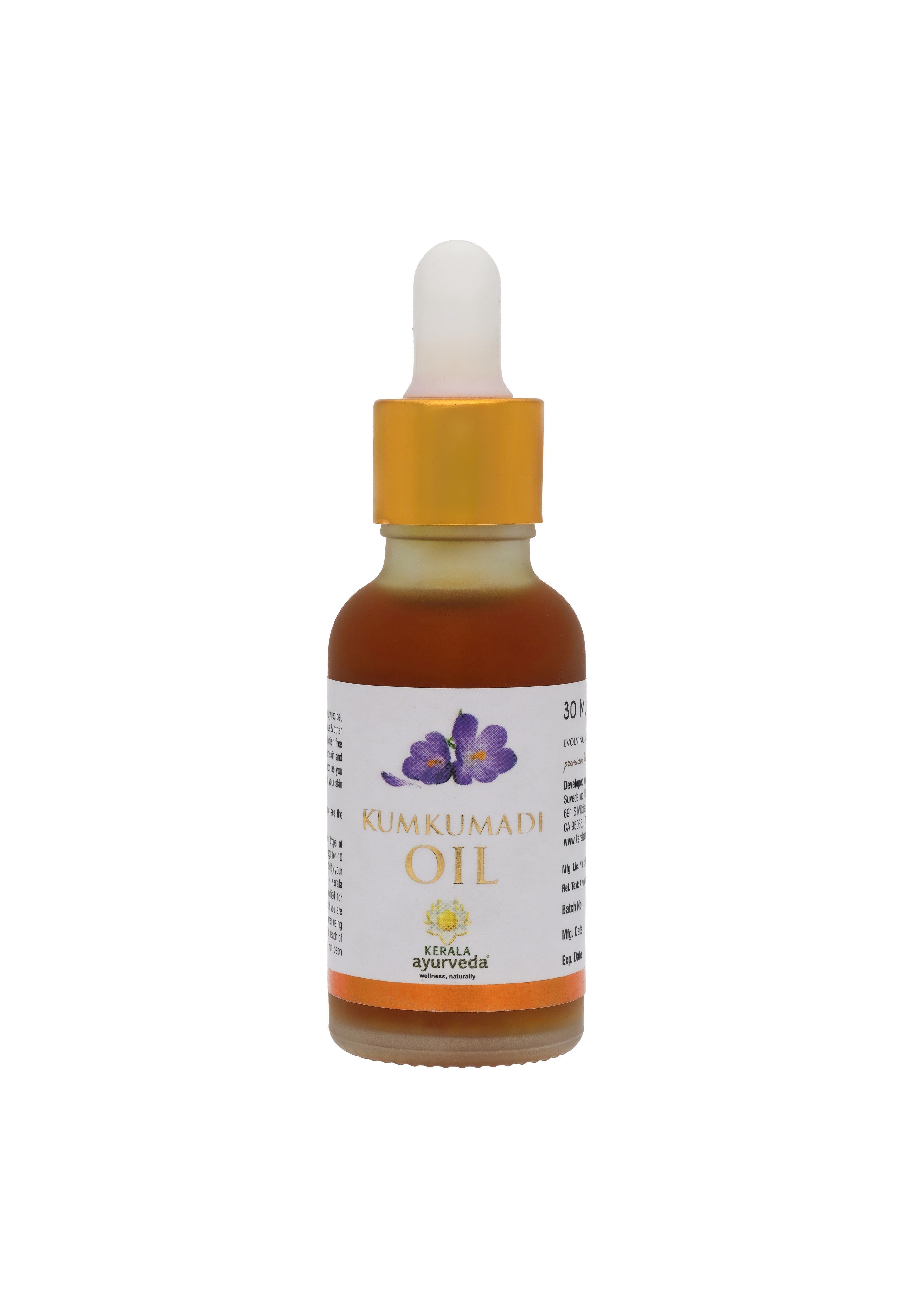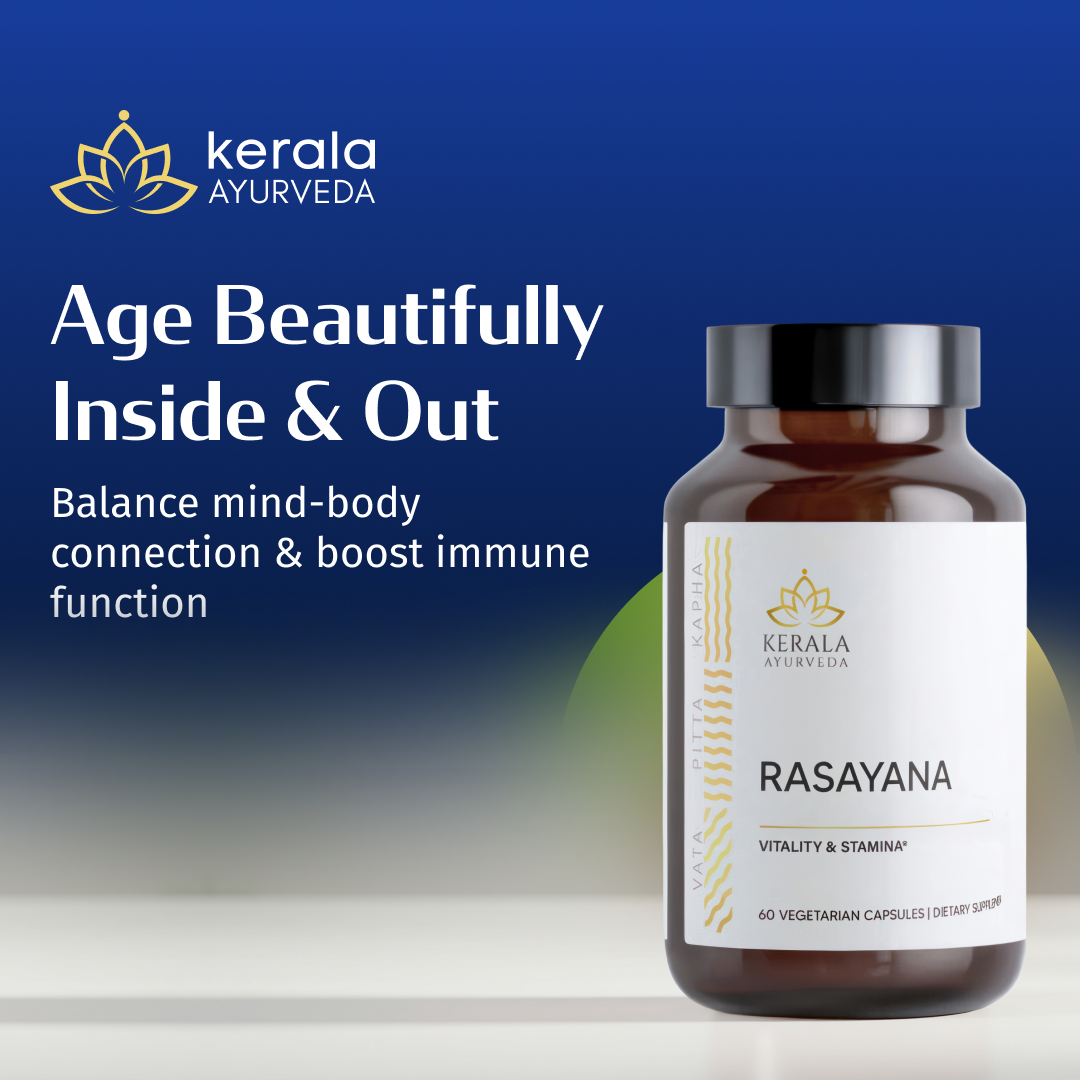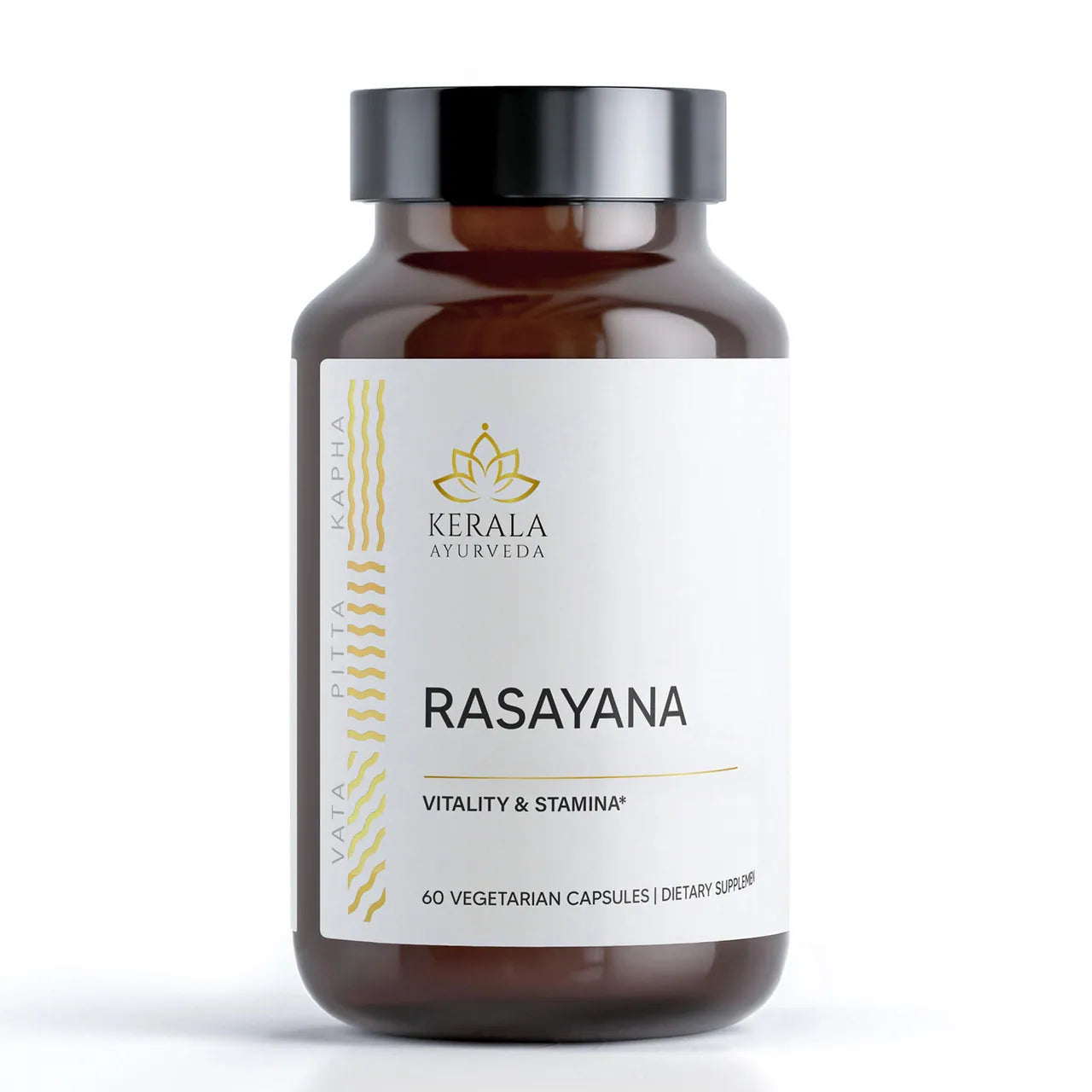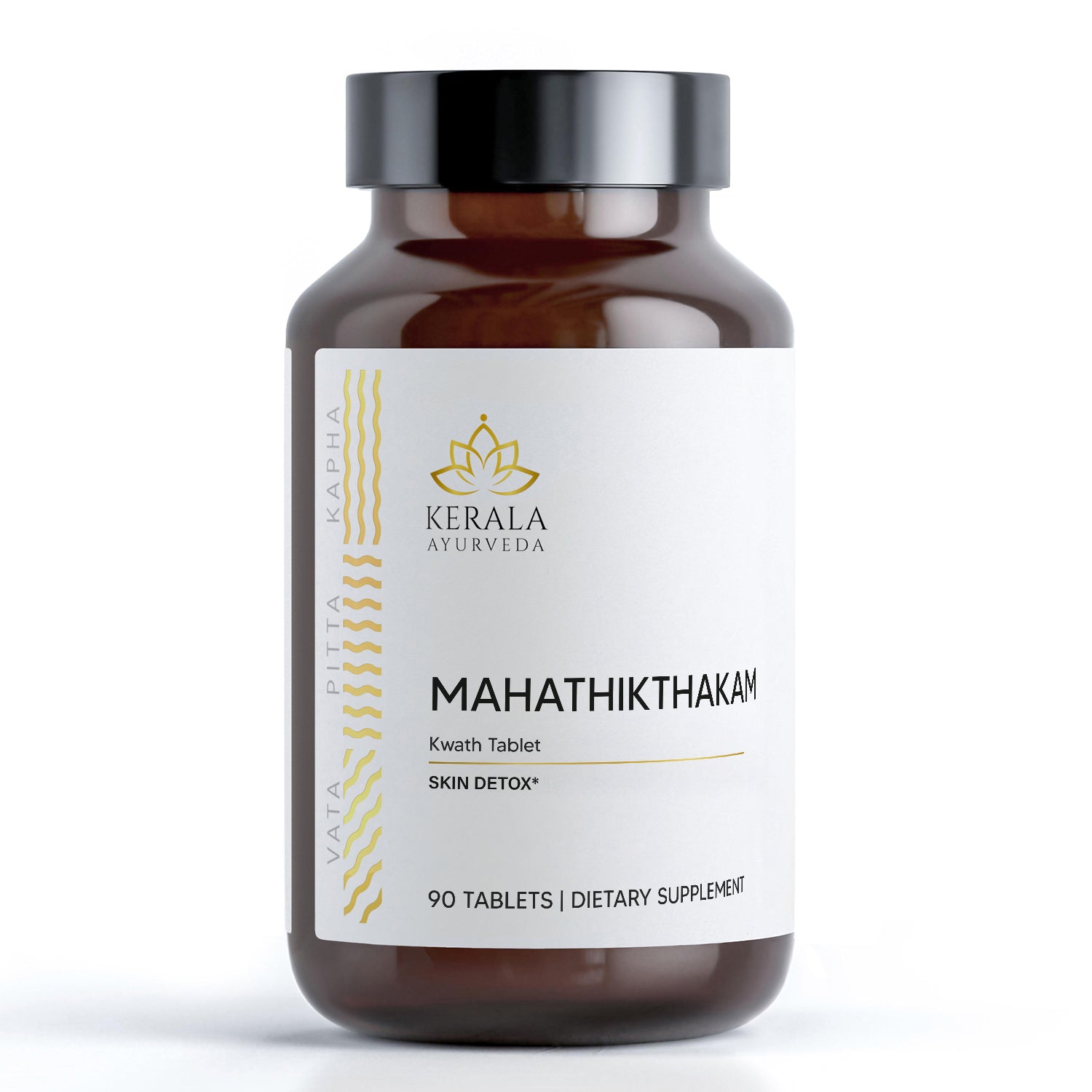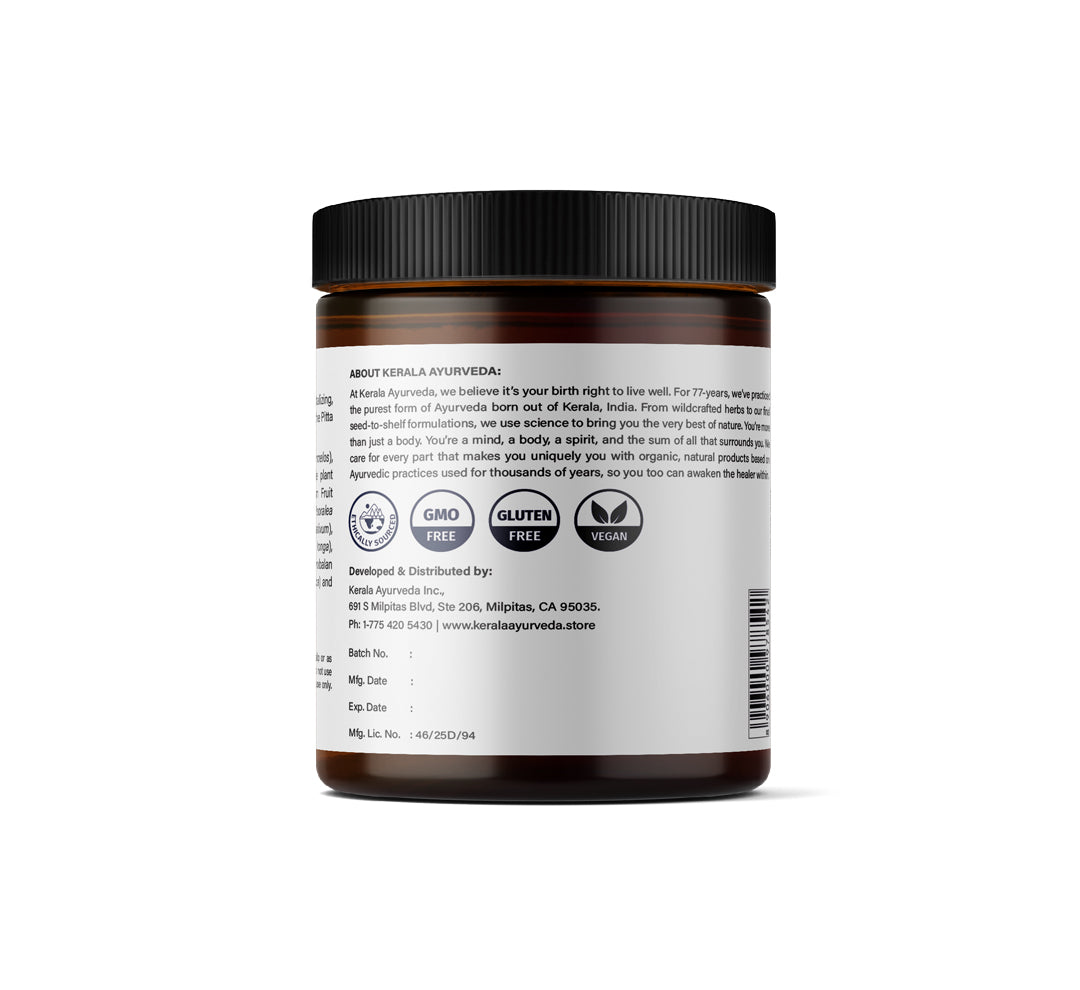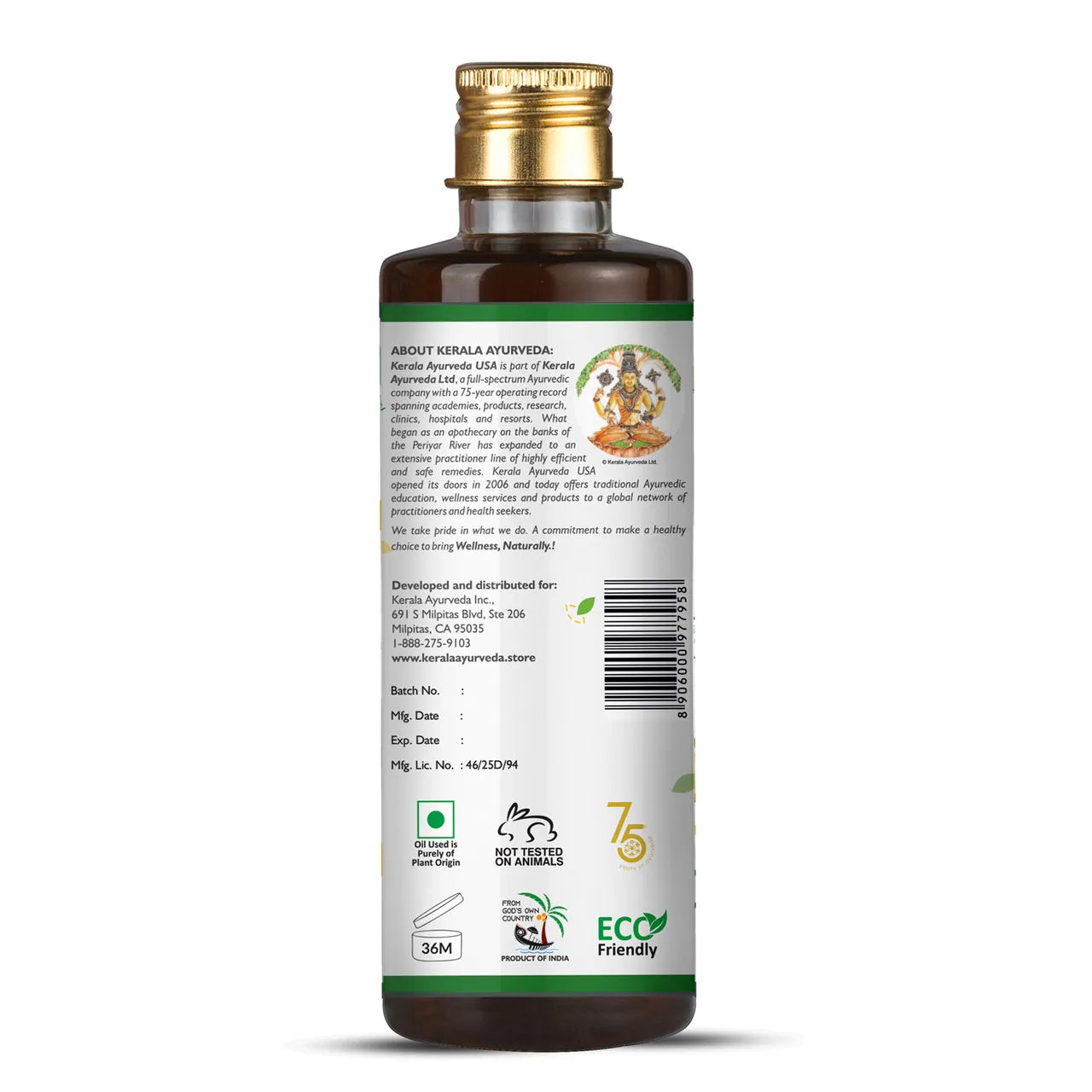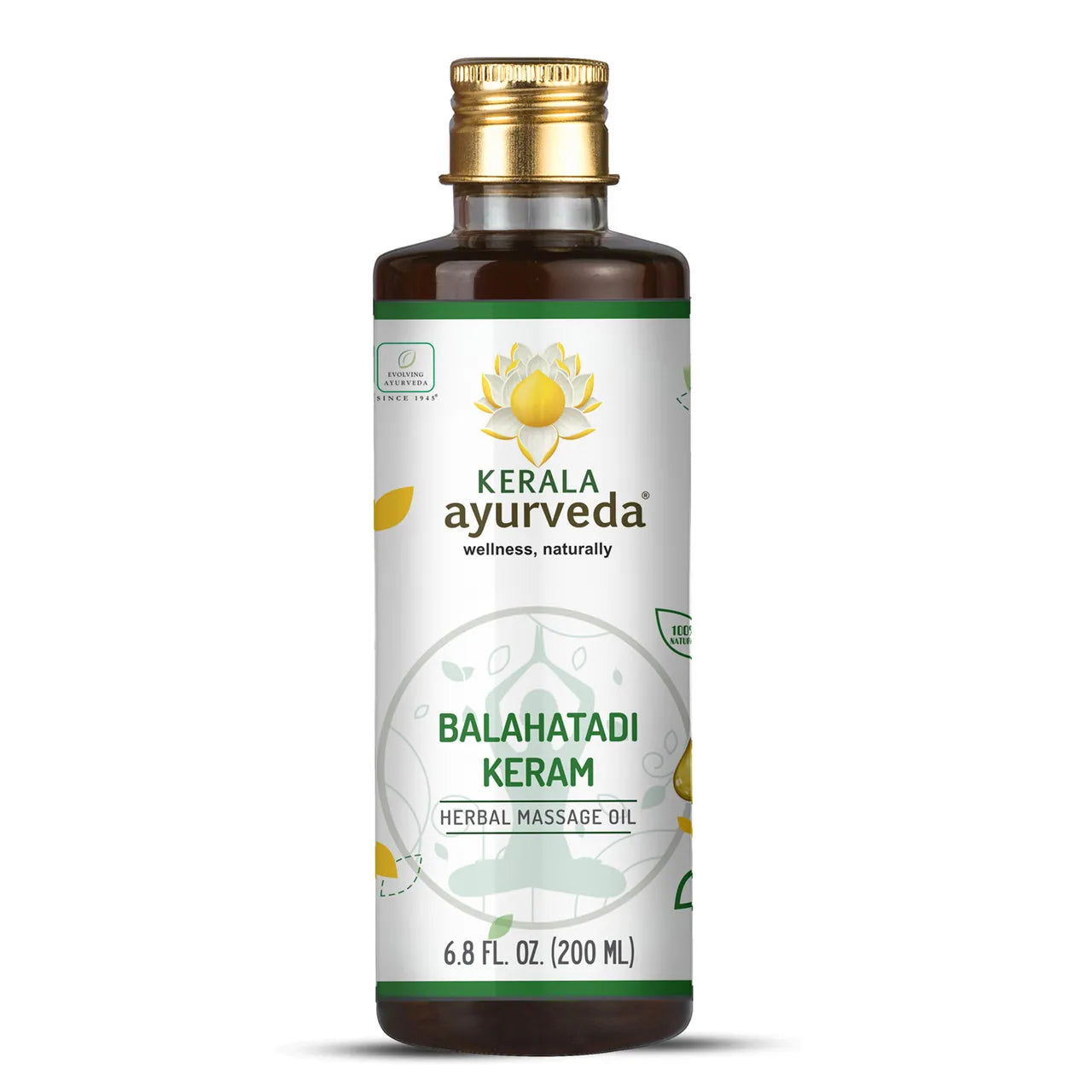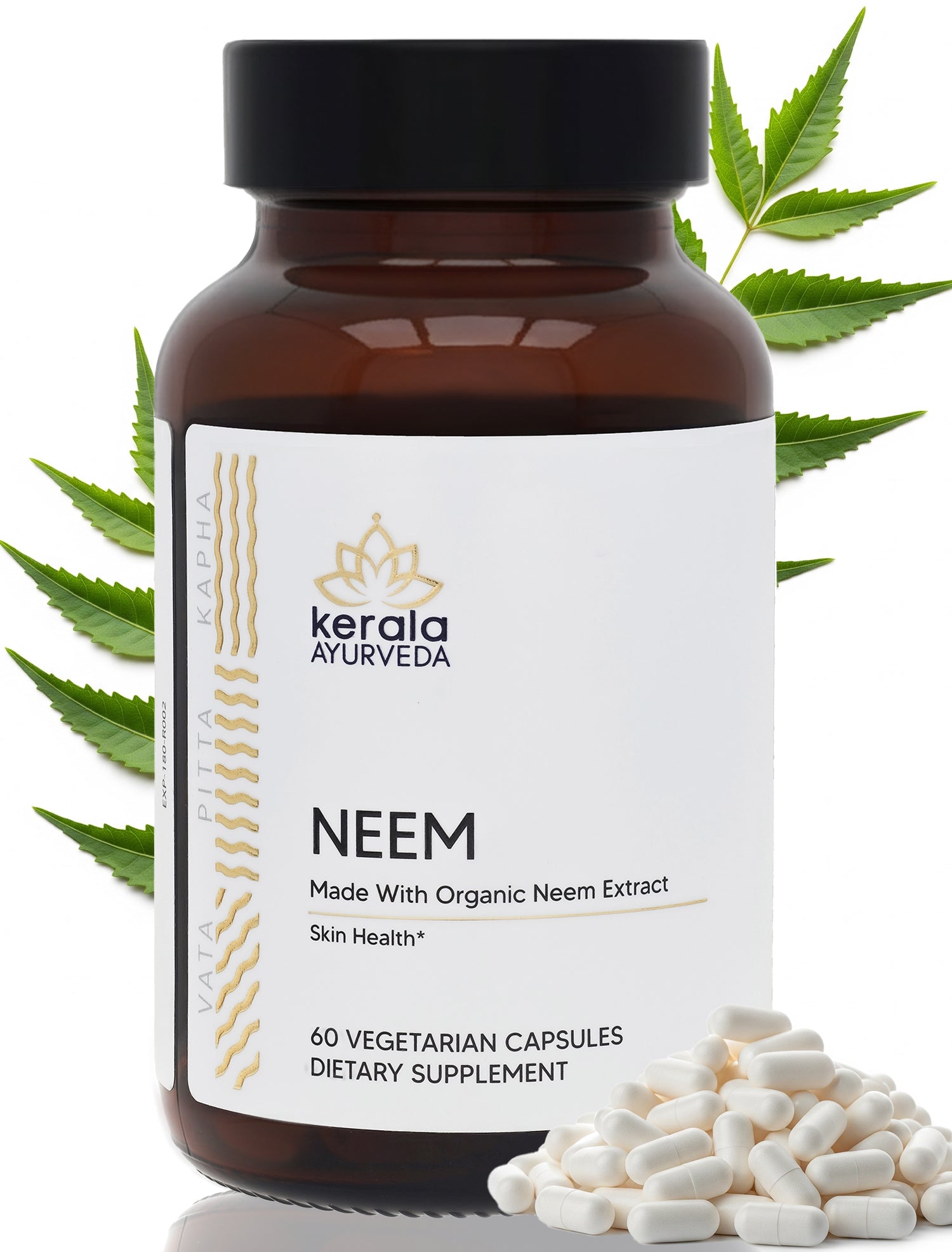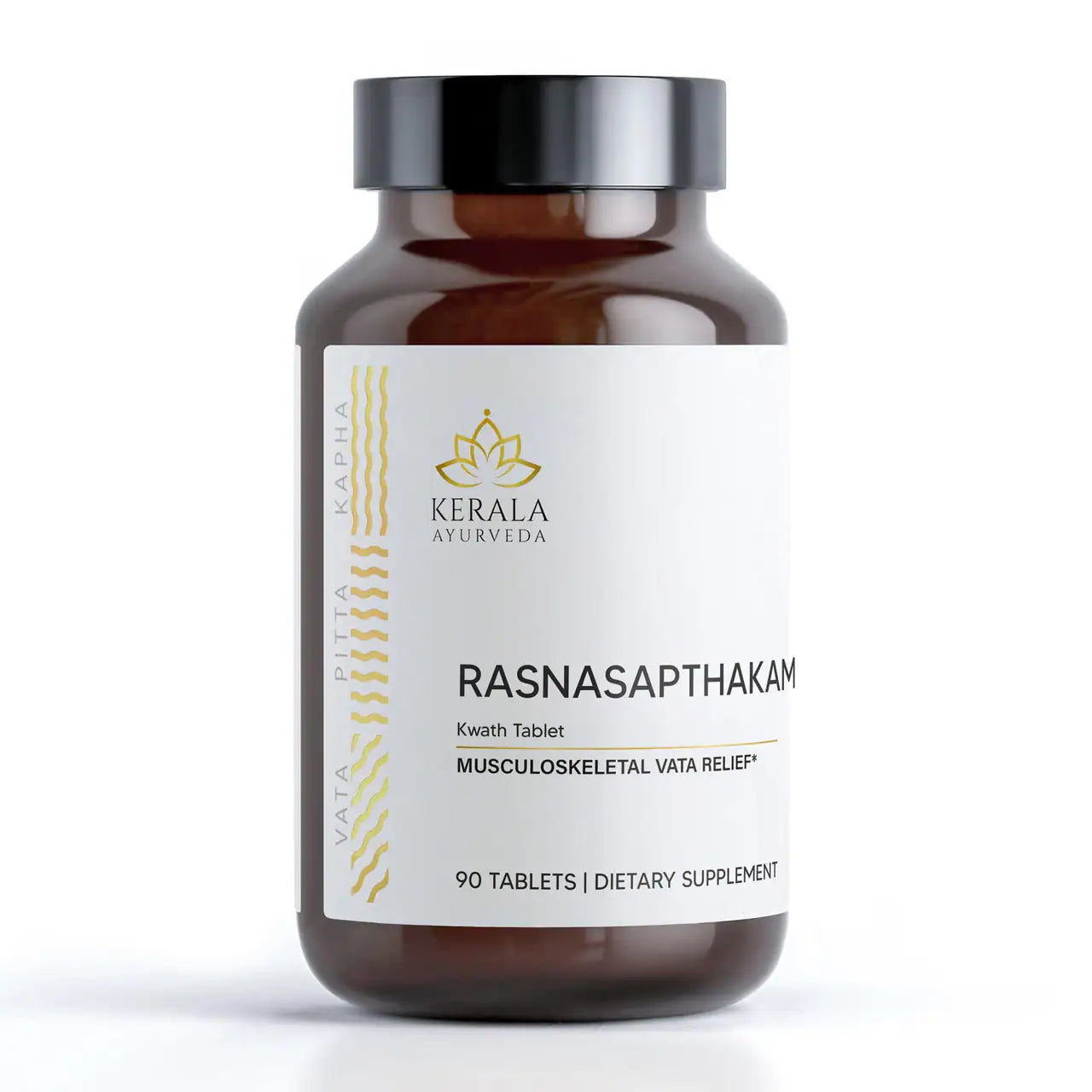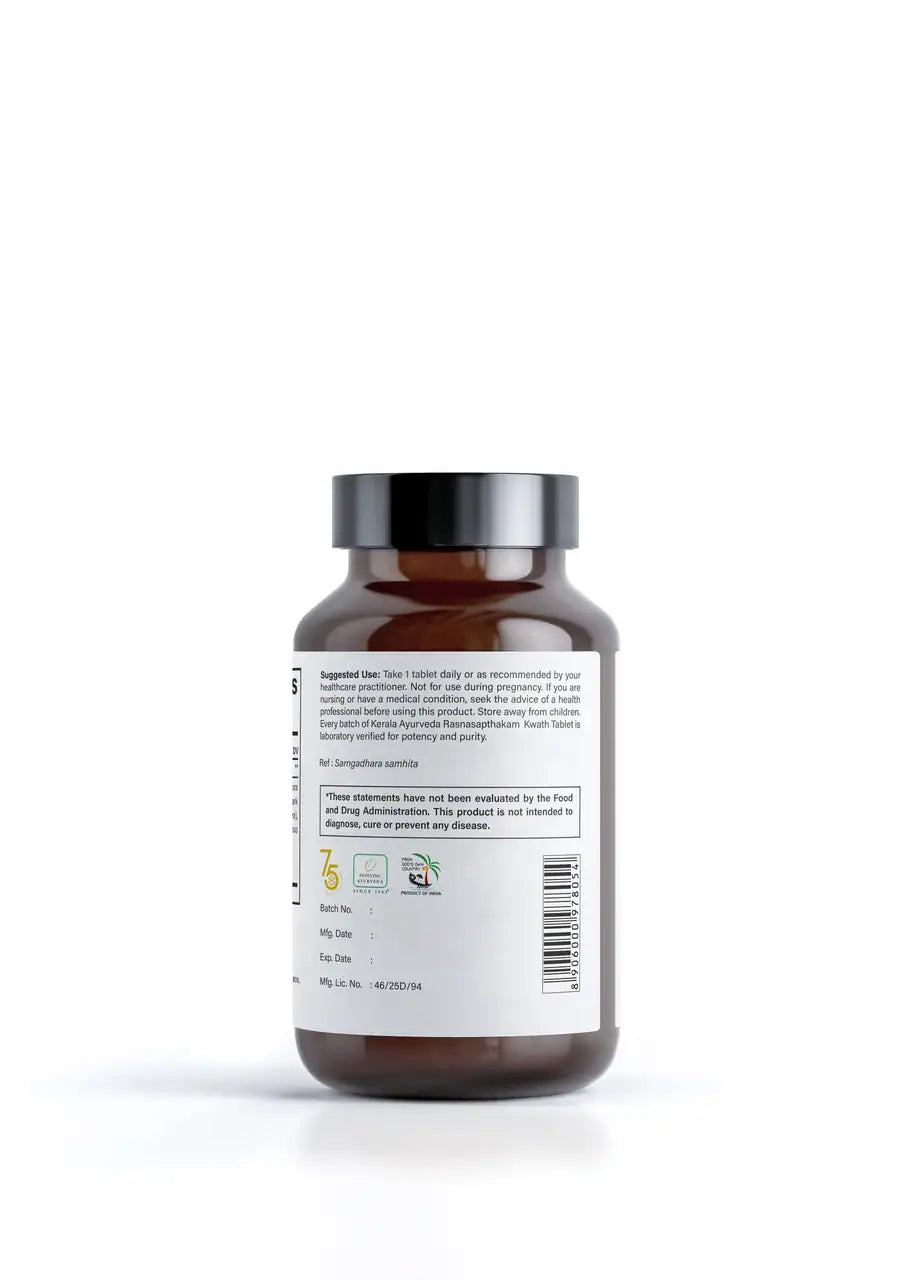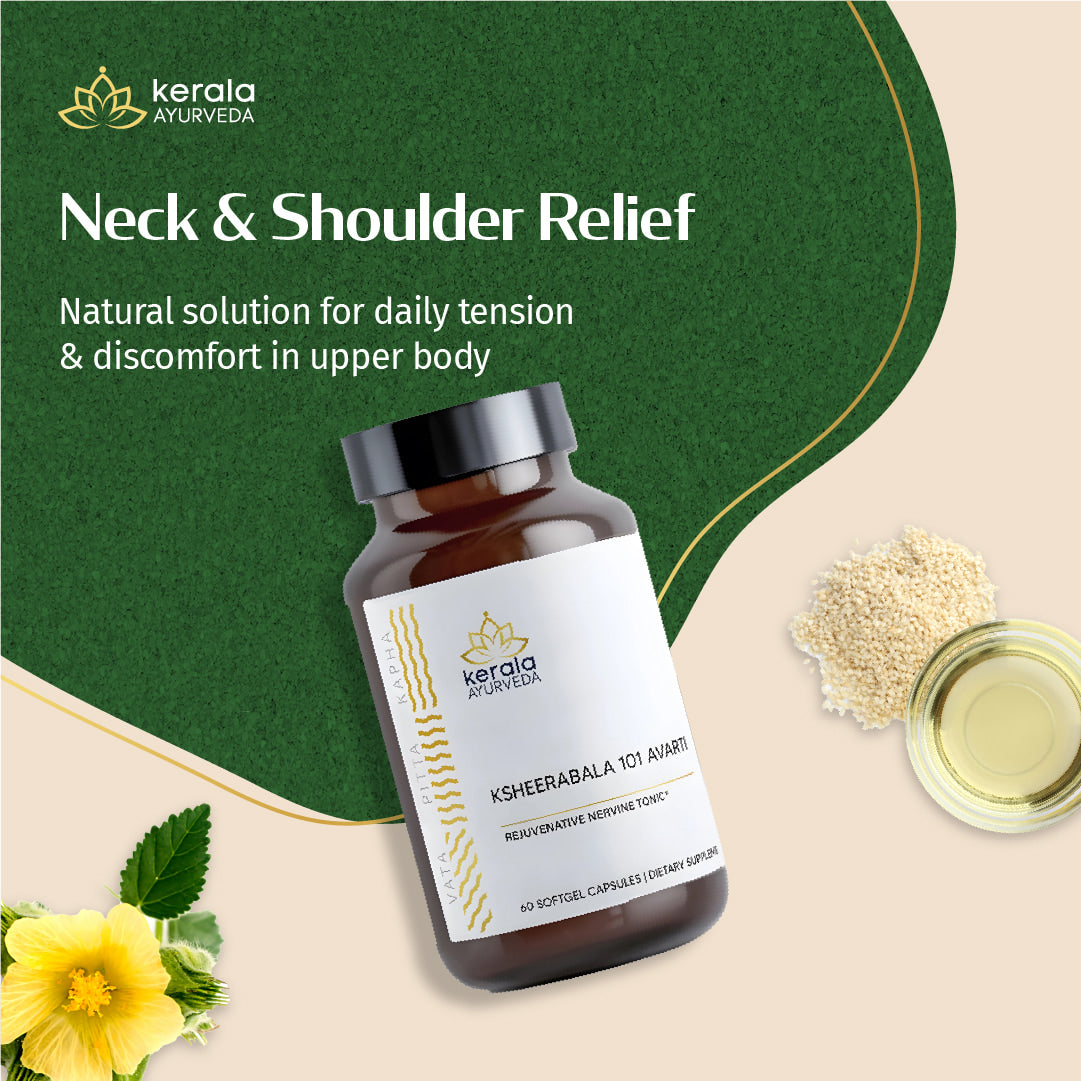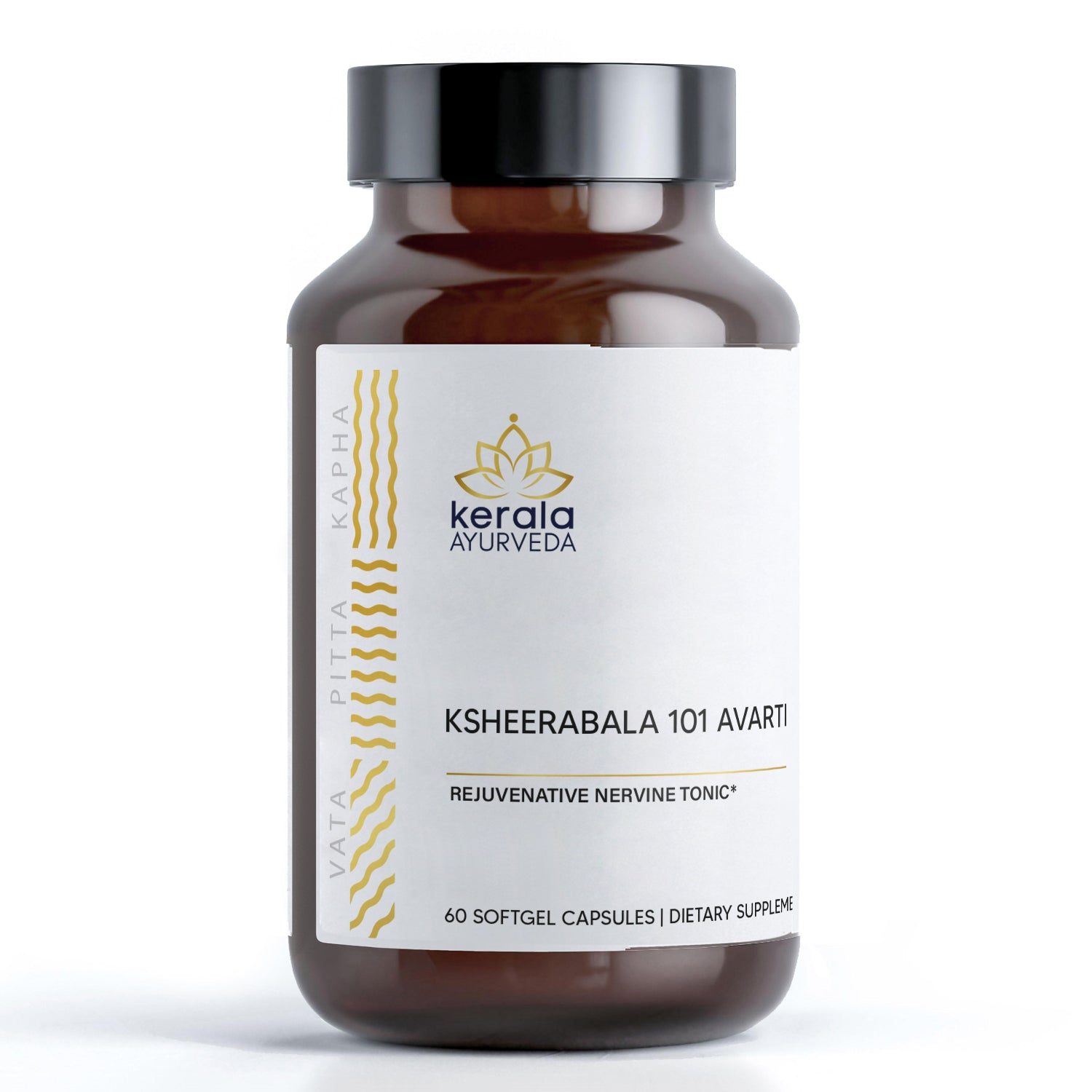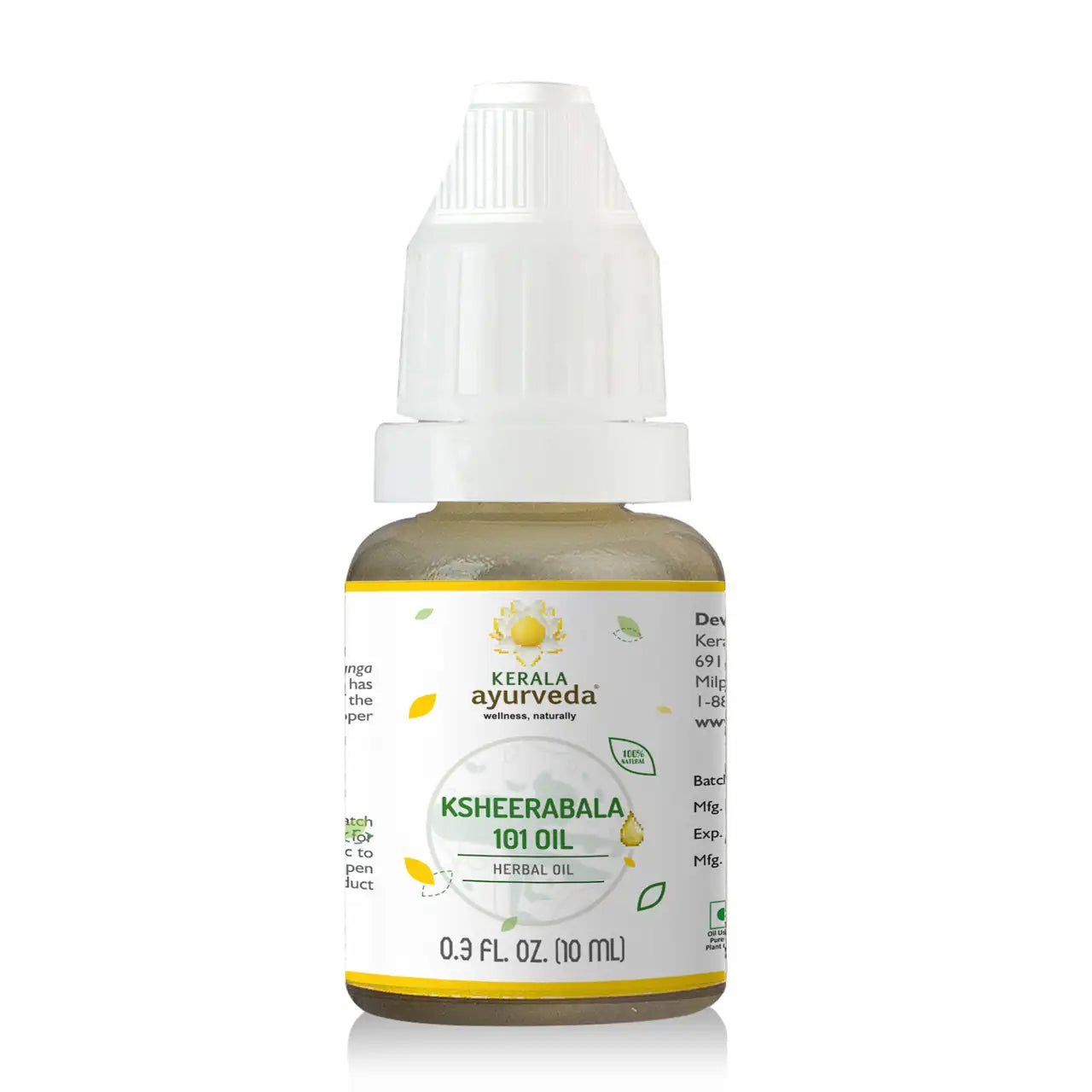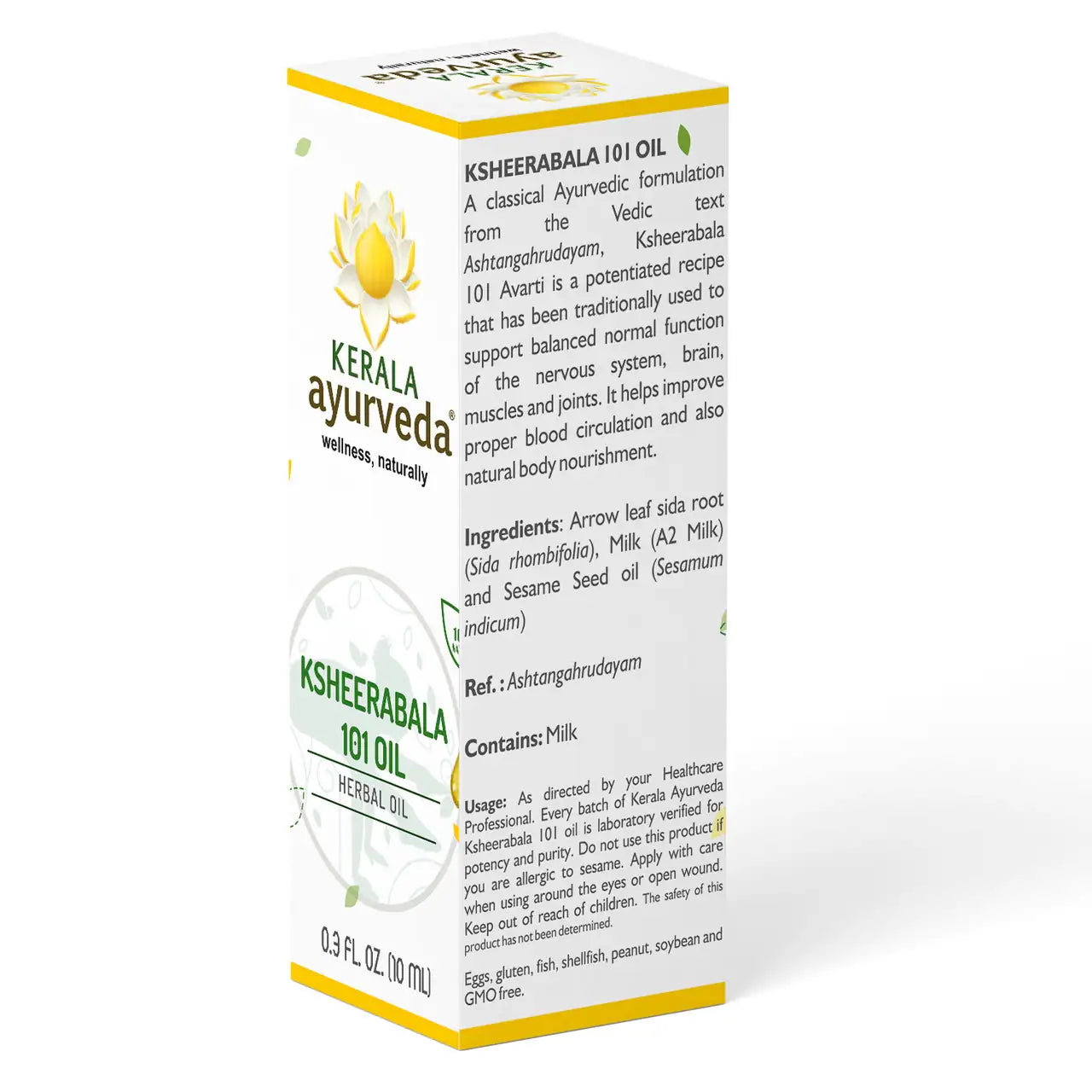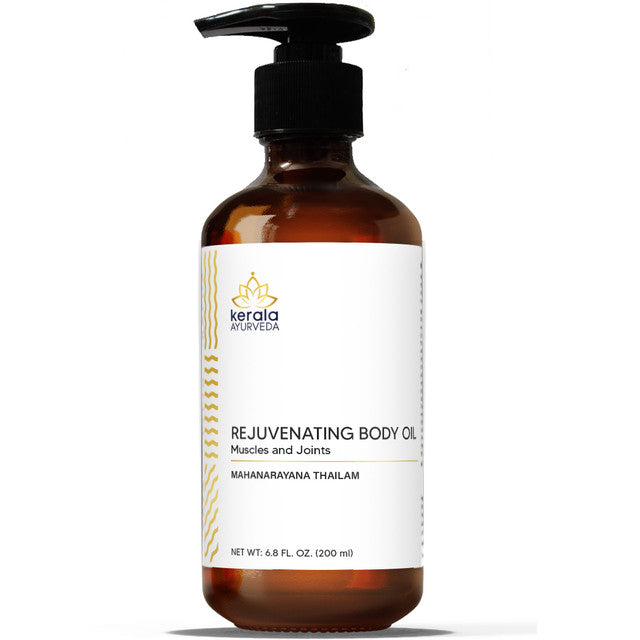Highlights
Recent scientific studies show evidence of an ecosystem in the gut that is closely connected with other body systems. While this is a new concept for Western medicine, Ayurveda has known about the gut-brain axis for centuries. In fact, diet and digestion are central pillars of true wellness in Ayurveda.
Of course, the gut isn’t capable of thought nor does it possess intellect the way our brain does, but it can impact appetite, cravings, mood, and even general health.
You may be surprised to learn that even though this gut-brain connection is new to modern science, it consists of more than 100 million nerve cells lining your gastrointestinal tract from one end of your body to the other. All these nerve cells are constantly sending feedback to your brain, providing it with information the brain acts and reacts to.
Influences of the Gut-Brain on Physical Health
The gut-brain connection is so important to our physical health that it is believed to be a primary driver of how much inflammation and stress we carry throughout the bodily systems.
Inflammation is a key indicator of dis-ease in the body. Inflamed organs do not regulate hormones and nutrients optimally and can harm the immune system. A healthy gut, however, can reduce the amount of inflammation present in the body, leading to a revitalized and invigorated system with fewer aches and pains.
Likewise, reducing stress is an important factor in the healthy aging process and can reduce the amount of sickness we experience. Less stress can improve nutrient absorption and support the immune system, providing you with greater energy levels, focus, and endurance throughout the day.
For individuals interested in building muscle, understanding the gut-brain connection will be particularly important. Gut health has been shown to influence muscle metabolism after workouts. An individual with a healthy gut will have a faster recovery and improve overall workout performance than someone with gut imbalances and distress.
Inflammation Linked to Strains on Mental Health
Among the many things that scientists have learned about the gut-brain connection, perhaps one of the most outstanding is that it not only affects physical health but also mental. It might not come as a surprise when we think about phrases such as “I have a gut feeling” or “trusting in my gut.”
While your gut isn’t going to help you with the latest problem at work, it does affect your mood and intellectual ability. In fact, recent modern studies have linked gastrointestinal distress or digestive problems as the direct cause of anxiety, stress, and depression. For years, it was believed to be the other way around, with stress or mental health worsening the physical dis-ease in the gut and digestive system. Now we know that it truly is a gut feeling.
The gut is so intimately connected with our mental health that it is believed that over 30 different neurotransmitters that affect your mood originate in the digestive system. Among these many neurotransmitters, you may be familiar with one known as serotonin, which is a feel-good hormone that helps regulate behavior, attention, and body temperature. It is believed that up to 90% of the brain’s production of this hormone is influenced by gut health and nutrient absorption.
Can Healing the Gut Heal the Body and Mind?
Indeed, by healing the gut, it is believed that you can heal the brain. Because the gut-brain connection is so strong and the brain’s interactions with the body are so deeply influenced by the gut, this provides scientists and doctors of the modern world with a new perspective on the gut brain connection and health.
Many older systems of healing have known the impact of the gut on human health for centuries, but only now can many of these traditional digestive remedies – such as Dadimadi Ghritham and blends like Active Digest – go through modern clinical trials to show positive effects on other areas of the body and mind.
The gut brain connection is not just a new revelation to science, but a new pathway to healing for those seeking a solution or for those looking for ways to increase longevity. By supplying the gut with the necessary nutrients and foods to heal the brain, and supporting the gut’s health and digestion of those important nutrients, we can facilitate whole-body health.
Mindful Eating Can Facilitate Good Health
Mindful eating doesn’t just mean being present with your food as you consume it. It means eating slowly and taking pleasure at the moment. Mindful eating means consuming food for nutrition and finding joy in the nourishment it provides, rather than eating junk food that supplies the body with few nutrients.
When you establish a mindful eating routine that includes nutrient-rich, whole foods, you can rest assured knowing that you are fueling your body and mind with health. This is especially important to remember when it comes to the holidays when many of us overindulge in sweets and eat without restraint; you’ll likely find that you feel lethargic and prone to fits of anxiety or depression around this time of year because you are no longer eating for your health.
It can be an act of meditation in itself to make healthier food choices. As you take a more mindful approach to eating you will find greater joy in the things you consume. Ayurvedic diets are tailored to your unique Ayurvedic constitution and balance all three of the primary life forces – called doshas – that reside within you. An Ayurvedic diet changes with your doshic needs and the seasons, so following these changes it will help you eat more mindfully, facilitating good health every step of the way.
Re-Establishing a Healthy Gut-Brain Connection
Once you discover you have an imbalance in the gut-brain connection, it is important to restore the microbiome. Sickness is often the symptom of an imbalance that can be corrected with the right steps. Following an Ayurvedic diet and lifestyle makes this easy to understand, as we begin to learn that all things are connected in the mind, body, and spirit. When one of the three is out of balance, it can deeply affect the other two.
Ancient Herbals
The Ayurvedic system of healing revolves around a holistic view of the body, mind, and spirit. Central to each of these aspects is the gut, which is the pathway to nourishment for many other bodily systems.
Many traditional herbals, such as Dashamoolajeerakarishtam, focus on re-establishing a healthy gut-brain connection. These herbals have been used for centuries as a remedy to balance the three aspects of the Self. Beyond nutrition, these herbs are believed to balance mood and bring physical ailments back into equilibrium, easing illness from the body and mind.
Stay Hydrated to Fuel the Body
Water is an essential element of life to function optimally. Unfortunately, people in the modern world are becoming more dehydrated as the years go on, neglecting this important life force. Water helps your brain and body function as intended, facilitating digestion and helping to regulate mood and cognition.
Lower Stress
Meditation, yoga, abhyanga, and many other Ayurvedic practices are known to help improve mindfulness. Mindfulness practices can lower stress. Stress is known to be one of the most effective blockers of a healthy mind-gut connection. Lowering stress helps us restore that healthy connection and opens us up to vitality and health.
Balance Doshas
Everything around us, from the seasons to the food we eat, contains energetic influences of the universal life forces known as doshas. Each of us is comprised of these three doshas.
This balance is our Ayurvedic constitution and the ideal balance for who we are at that moment in our lives. In constant flux, it is up to us to continually balance these doshas according to internal or external influences. One of the largest influences over balance and imbalance is the digestive system, and our bowels and digestion can tell us about our current doshic state.
A Mindful Ayurvedic Diet
Staying mindful of your diet is one of the best ways you can facilitate gut health. In Ayurveda, diet is intended to help you overcome seasonal influences in a way that is sustainable to the environment and optimizes your health and doshic balance.
Specific foods may be warming and good for the body during the colder seasons, and others might put a strain on the gut at the wrong time of year, or in the wrong quantities. By learning about your doshas and how they influence the gut brain connection, you can establish a healthier and more mindful diet.
Restoring the Body to a Balanced State for Improved Vitality
Restoring the body to a balanced state is about more than just feeling your best. This restorative process is a key component of longevity and rejuvenating your physical and mental energies for a more fulfilled lifestyle.
With a healthy gut brain connection, you will find that you have greater mental fortitude and focus throughout the day, as your brain is being nourished by the gut. Furthermore, you will find your mood is regulated, and you are in better spirits, as you are better at tending to your doshic needs. With a balanced Ayurvedic diet, you are catering to the holistic needs of the mind, body, and spirit.
The gut plays an intrinsic role in this process, acting as a tool to access the rest of your Self. Treat your gut with care and mindful nutrition and you will find that everything else falls into place.




